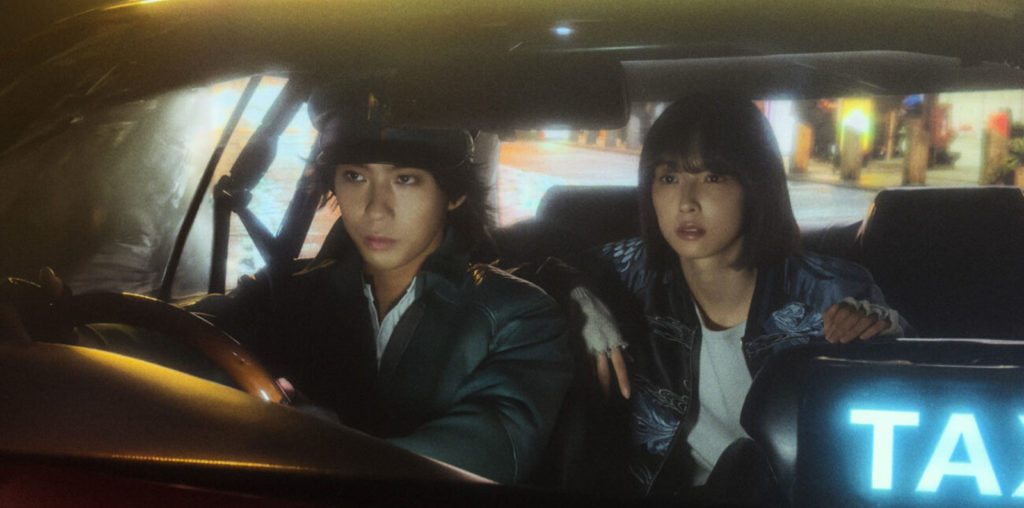
Jazz fiends are highly recommended to check out “Barry Harris: Spirit of Bebop,” a new documentary celebrating the sounds and soul of pianist/composer/music teacher Barry Harris. Focusing on the life and times of one of the true gentlemen of modern jazz and featuring a truly sublime soundtrack, “Barry Harris: Spirit of Bebop” is a must-see and a must-hear.
During the late 1950s and 1960s, Barry Harris was among the top jazz pianists in the music world. Dubbed “the key conservator of bebop music” by jazz writer Gary Giddins, Harris’ complex compositions and rich performance style offered a peerless buoyancy which made him an equal within the orbit populated by the likes of Miles Davis, Thelonious Monk, Dizzy Gillespie and Charlie Parker. Harris would later share his creative insights with new generations of performing artists through the creation of a New York music school that attracted students of every race, age and outlook.
In one of the film’s best sequences, Harris patiently conducts voice lessons with a range of students whose vocal skills cover the spectrum from the angelic to the unfortunate, with the mæstro/teacher offering generous praise for those who hit their notes and generous hope for those who missed the mark. Harris is a delightful raconteur who plays beautifully to the camera with a wealth of anecdotes on his bebop contemporaries as well as his own adventures.
In one of the most amazing tales, he recounts how he was sidelined into an off-track betting parlor and forgot completely about a class he was supposed to teach until three hours after lessons were supposed to begin. A deathless race to the classroom found all of Harris’ students patiently awaiting his arrival without complaint!
“Barry Harris: Spirit of Bebop” is also a treasure trove of timeless demonstrations. In a wonderful lesson on style versus substance, Harris notes how many musicians achieved high popularity through florid keyboard movements–even though the exact same notes could be achieved with a minimal of finger shooting. A concert sequence with his trio at the Village Vanguard in New York offers the old master still at his peak, with Harris joking playfully with audience before effortless sailing into a hypnotic jazz melody.
Unfortunately, “Barry Harris: Spirit of Bebop” hits several flat notes with repeated appearances of stodgy, stuffy music scholars and critics who humorlessly and endlessly state Harris’ importance. These tiresome interruptions fail to provide genuine insight into the artist’s greatness and only serve to keep his music and wit off the screen. However, once Harris begins to work the keyboard, these boring intrusions are quickly forgotten and “Barry Harris: Spirit of Bebop” turns the world in a hipper, happier place.
